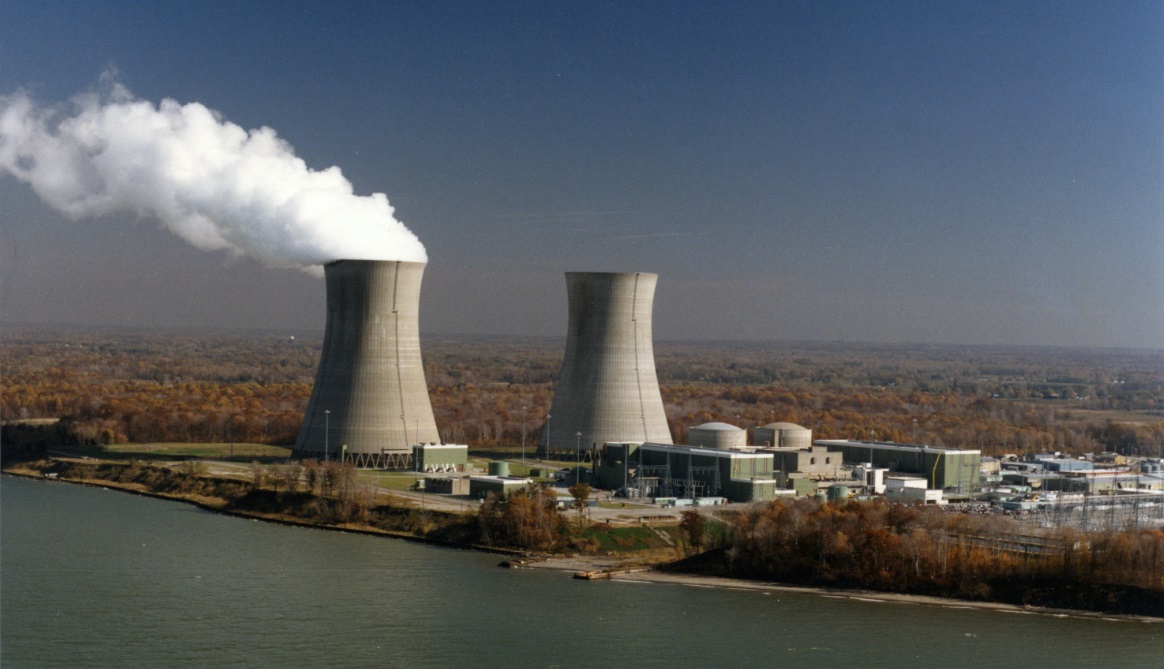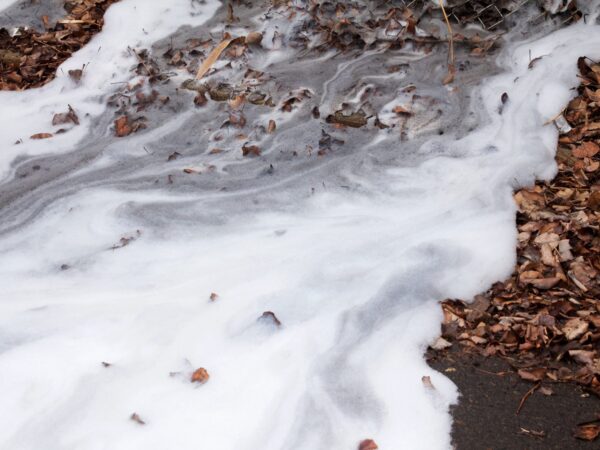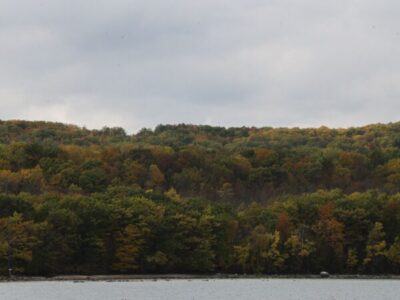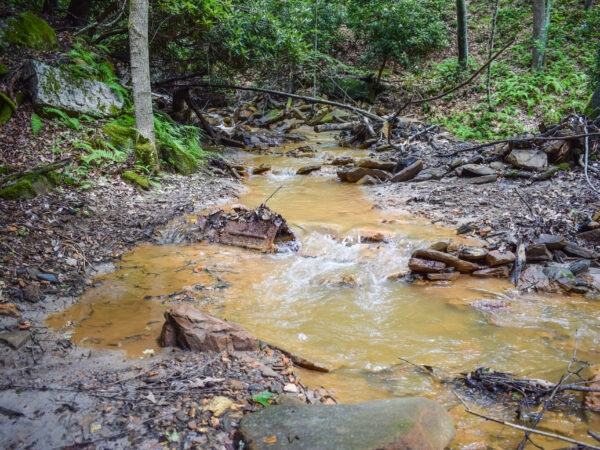
Keep up with energy-related developments in the Great Lakes area with Great Lakes Now’s biweekly headline roundup.
In this edition: Federal grant launches pilot program for nuclear plants to produce hydrogen for fuel cells; Canadian barge loaded with fuel, coal tar runs aground near where Lake Superior meets Soo Locks and Lake Huron; Minnesota regulators approve new contested case hearing over Enbridge Line 3 permit, delaying project; and First Nations and university educators in Ontario demand halt to further mining exploration during pandemic.
Click on the headline to read the full story:
Michigan:
A Canadian-flagged barge laden with over 3,600 metric tons of coal tar and 6,300 gallons of diesel gasoline beached itself in the lower St. Marys River and its owners are working with the U.S. Coast Guard to safely remove it. Aerial reconnaissance found no indication that the barge’s cargo leaked into the surrounding waters. The St. Marys River serves as a natural border between Michigan’s Upper Peninsula and Ontario, Canada, and is frequently used for shipping traffic as it connects Lake Superior and the Soo Locks to Lake Huron.
Minnesota:
- Minnesota state regulators approve additional hearing over Line 3 permit – Minnesota Public Radio
The Minnesota Pollution Control Agency announced last week that a contested case hearing will be held regarding a water quality permit requested by Enbridge for its Line 3 pipeline replacement project. Minnesota regulators have already approved the Enbridge project but the Canadian energy company still needs further construction permits from the MPCA, the Army Corps of Engineers and Minnesota’s Department of Natural Resources.
Ohio:
- Department of Energy approves grants for hydrogen production at nuclear plants – Energy News Network
Nuclear power plant operators in the Midwest are engaging in a pilot program to produce hydrogen on-site in order to help them remain competitive with cheaper options like natural gas and more environmentally friendly renewables such as wind and solar. Through grants provided by the Department of Energy, nuclear plants owned by Exelon and Energy Harbor such as the Davis-Besse one located in Oak Harbor, Ohio, will separate hydrogen and oxygen from water through hydrolysis.
Ontario:
Nine faculty members from York University’s Osgoode Hall Law School wrote an open letter to Ontario, Canada’s provincial Minister of Energy, Mines, Northern Development and Indigenous Affairs Greg Rickford calling for an end to “mining as usual” during the COVID-19 pandemic. The Toronto-based university’s letter calls for a suspension of any further mineral staking and permitting on indigenous land as the pandemic makes it that much more difficult to have meaningful consultations between mining companies and First Nations representatives.
Catch up on other Great Lakes energy headlines here:
Great Lakes Energy News Roundup: DTE Energy rate hike, Chicago firm fined for polluting canal
Featured image: The Perry Nuclear Power Plant in Lake County, Ohio. (Photo by FirstEnergy Corp. via flickr.com cc 2.0)




